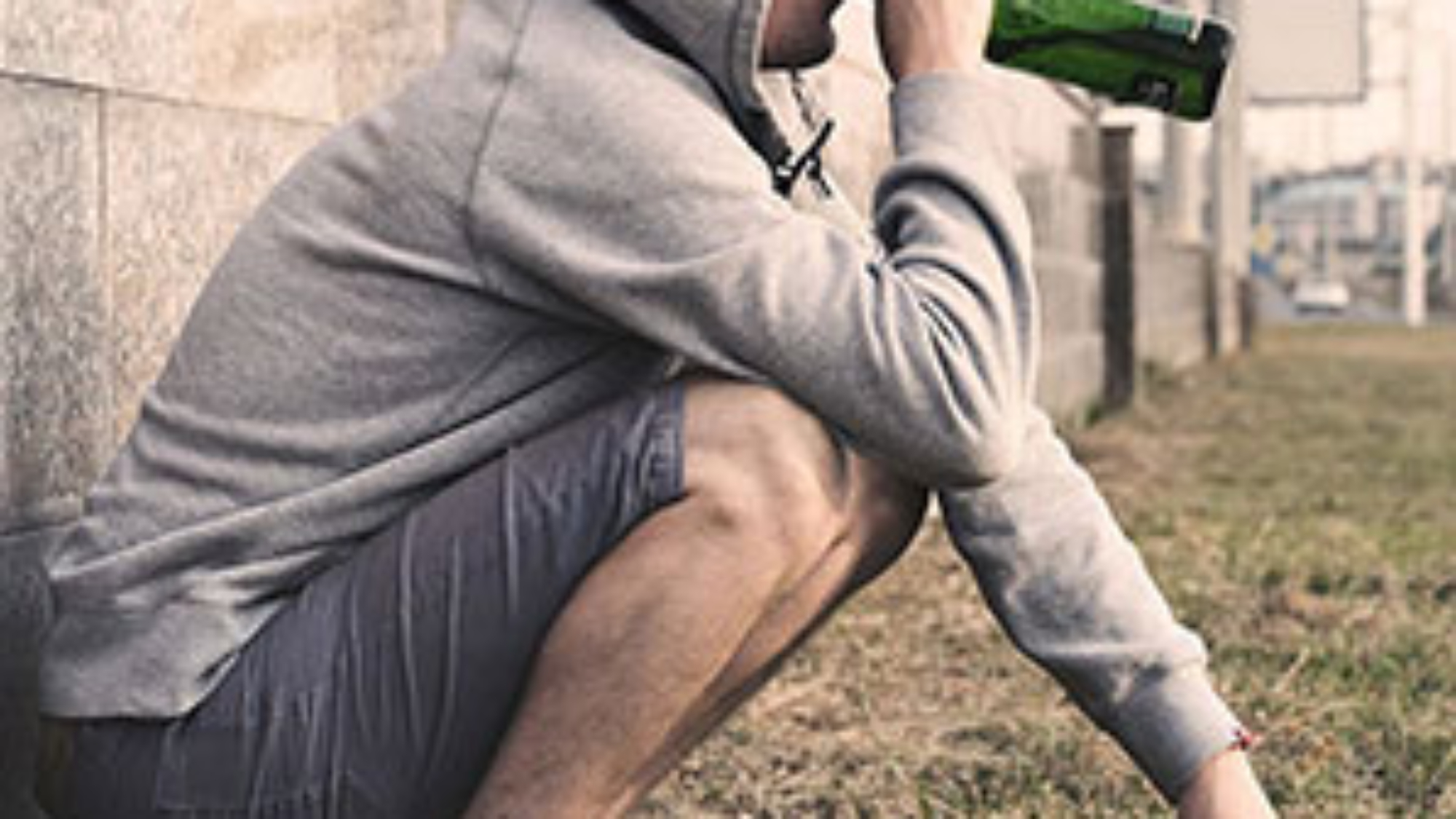How Can I Help My Son Stop Drinking?
Alcohol is legal and many young adults find it easy to obtain. Even those who are not legally old enough to drink can often find someone willing to buy it for them, or they can find it at home or in the home of their friends. As a result of this ease of access, it is one of the common substances that young adults experiment with and some of them will go on to abuse it.
If you start to suspect that your child is drinking alcohol you will want to tackle the issue and have your child stop. This is a perfectly natural response but you must approach the issue with care. If your child is under 18 it will be much easier for you to get them into a treatment program but once they are over 18 it can prove more difficult.
Here are some of the options available if you want to help your child stop drinking:
The first thing is to gather evidence and to try to find out what your child’s situation is. If you can do that it can make it a lot easier to open a conversation and move things forward. If things are already at the point where you need to take immediate action there are some key ways you can help your child quit drinking:
- Discuss the dangers of drink
Having an open and honest conversation about how damaging alcohol can be is the first step. We know certain physical effects can linger as well and there are other serious issues to consider too, such as the increased incidence of risky behaviors such as drinking and driving. Young people tend to be more impacted by a discussion of this nature and this may be enough to turn them away from alcohol.
- Enlist their friends
Often children can be unresponsive to their parents but they do care a lot about what their friends think. Peer pressure has often been implicated in substance abuse so having their sober friends talk to them can have a huge impact and could make all the difference because, many time, kids will take on board the concerns of their friends in preference to that of their parents.
- Don’t have alcohol in your home
Removing all alcohol from your own home will remove immediate access to it. Even if your child doesn’t have a problem with abusing alcohol getting it out of the house will remove the temptation and may help them to just stop drinking.
- Lead by Example
If your child sees you or another member of the household drinking regularly it might be worth thinking about cutting back and, by setting the example, you could be encouraging your child to look at their own actions. In particular, if you have a problem with alcoholism, then working together to quit could be a positive way forward.
- Set up an intervention
Having a professional intervention can be a wake-up call for your child and make then realize how serious the situation is. Hopefully this would lead to them seeking some help. For children under 18 parents can get them into treatment regardless of their willingness to go. Interventions are good for young adults over the age of 18 but you cannot force them to get help if they are not willing.
- Take your child to meet a professional
Having your child talk about some treatment options with a professional means that the issue can be discussed in a safe space without judgment. The feedback they receive from a professional will be unbiased and will look only at the benefits for your child. If your child is present then he or she will feel more in control of their recovery and can talk about any worries or concerns they have.
- Take your child to rehab
If your child is under 18 you will be able to decide to have him or her go to rehab and you will not need their permission to do so. If your child does refuse or will not accept they have a problem then rehab may well be the best step to take.
If you have any questions about how to get your child or loved one the help they need to quit drinking please Contact Us at The Last House and talk to one of our trained admission counselors.
Oops! We could not locate your form.



Leave Your Comment